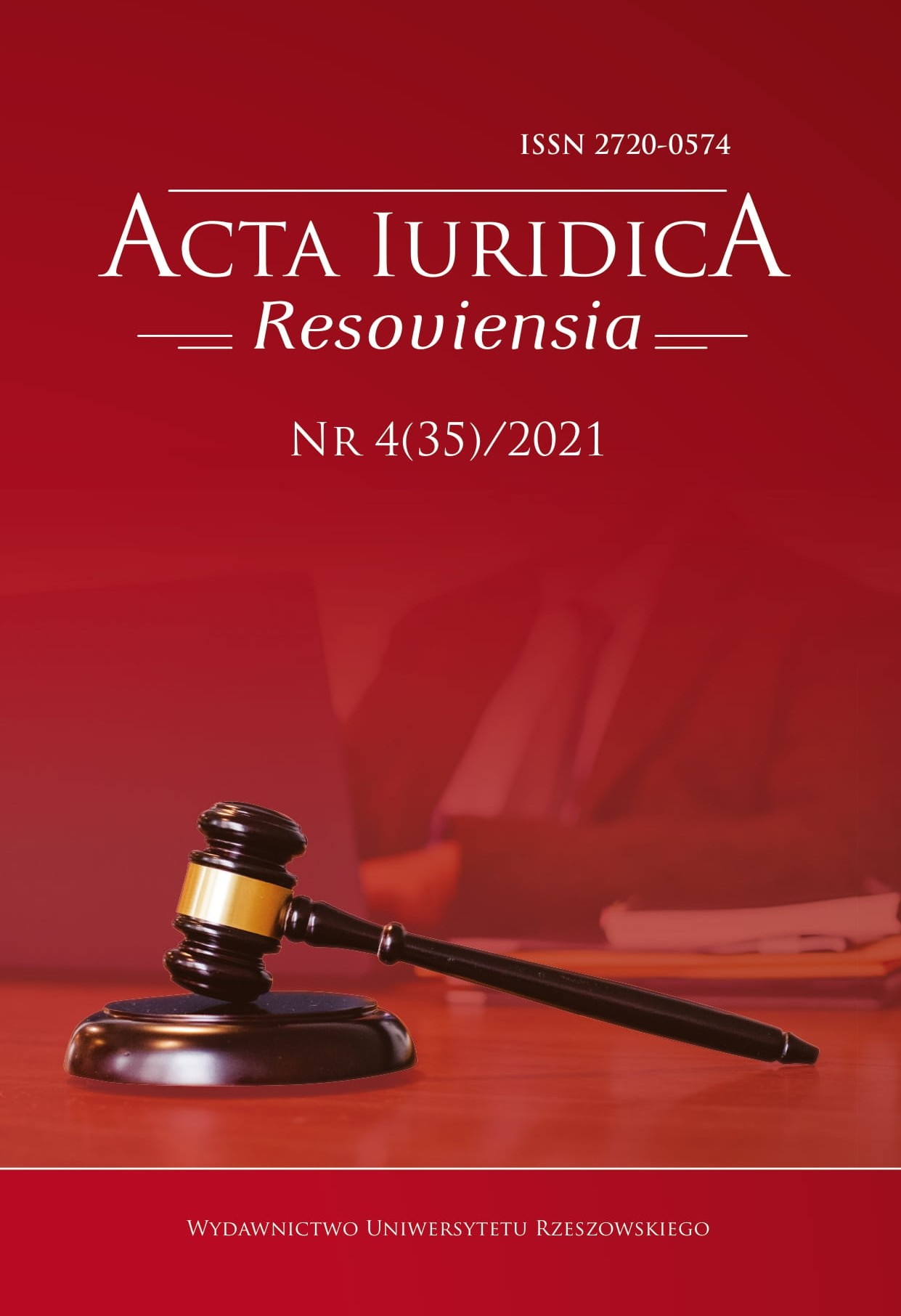Obowiązkowe szczepienia ochronne a formalna przesłanka klauzuli limitacyjnej konstytucyjnych praw i wolności
DOI:
https://doi.org/10.15584/actaires.2021.4.19Słowa kluczowe:
obowiązkowe szczepienia ochronne, obowiązek ex lege, wyłączność ustawowa, ograniczanie konstytucyjnych praw i wolnościAbstrakt
Obowiązek poddania siebie lub dziecka szczepieniom ochronnym może być niewątpliwie postrzegany jako ograniczenie w sferze konstytucyjnego prawa do decydowania o swoim życiu osobistym (art. 47 Konstytucji RP). Ingerencja ta staje się jednak dopuszczalna przy uwzględnieniu ogólnej klauzuli limitacyjnej wynikającej z art. 31 ust. 3 Konstytucji RP. Obok kryteriów o charakterze materialnym generalna klauzula formułująca przesłanki ograniczania praw i wolności konstytucyjnych wymaga ustawowej formy ograniczenia. W perspektywie ulokowania niektórych rozwiązań dotyczących obowiązku szczepiennego w rozporządzeniu wykonawczym oraz Programie Szczepień Ochronnych powstały wątpliwości co do zgodności regulacji obowiązku szczepiennego z formalnym warunkiem ulokowania go w ustawie. Celem niniejszego artykułu jest próba odpowiedzi na pytanie o sprostanie przez prawodawcę tej przesłance. Na podstawie przeprowadzonej analizy materiału normatywnego, orzecznictwa oraz poglądów doktryny uprawnione jest stwierdzenie, że aktualnie obowiązujące rozwiązania prawne odpowiadają zasadzie wyłączności ustawowej formy ograniczania praw i wolności konstytucyjnych.
Downloads
Pobrania
Opublikowane
Jak cytować
Numer
Dział
Licencja
Prawa autorskie (c) 2021 Acta Iuridica Resoviensia

Utwór dostępny jest na licencji Creative Commons Uznanie autorstwa – Użycie niekomercyjne – Bez utworów zależnych 4.0 Międzynarodowe.

